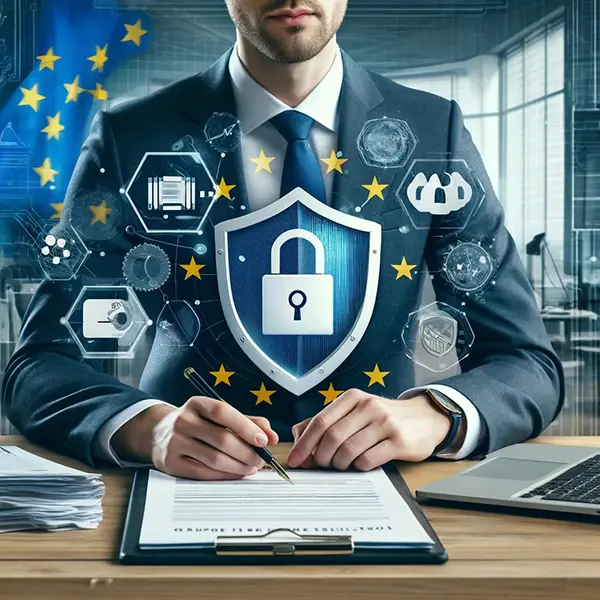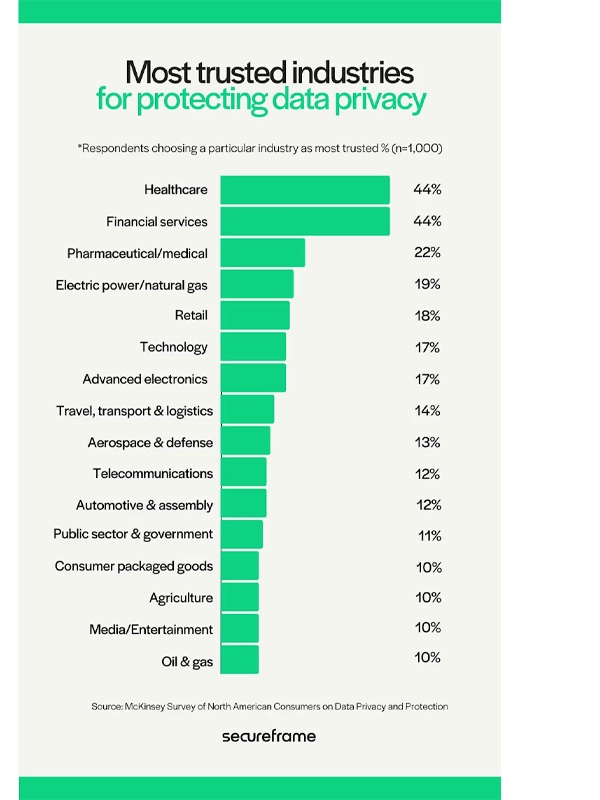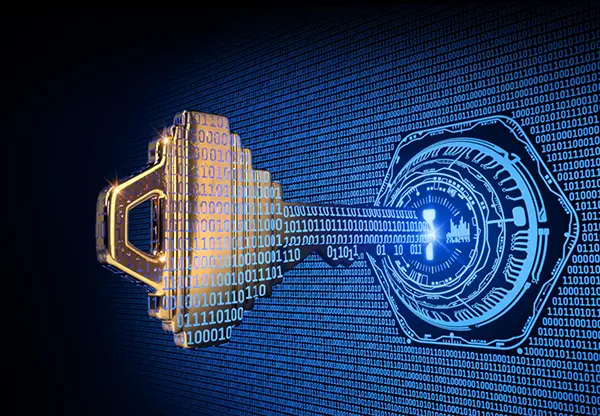Are you concerned about your organization’s intellectual property protection, and don’t know how you can keep up with all the guidelines? Well, In such case a Data Protection Officer DPO is all that you need.
According to ResearchGate, “Since May 2018, all organizations covered by Art. 37 (5) of the EU General Data Protection Regulation (GDPR) are obliged to appoint a data protection officer (DPO) to ensure the practical implementation of data protection.”
In this article, I’ll tell how you can ensure digital safety with the help of a Data Protection Officer. This is an important write-up, so read carefully.

A Data Protection Officer (DPO) is a certified individual who monitors that an agency is following the local as well as the global data encryption guidelines. Without them, companies won’t be able to determine what compliance they should adhere to.
They make sure companies are following the guidelines of GDPR (The General Data Protection Regulation) or any other entity, which are globally regarded. DPO trains the employees as well so that they take proper measures and keep sensitive records safe.
Apart from that, they also monitor processes and conduct regular audits to keep everything in check. DPO also works as the median between a firm and authorities, since a company needs a representative who is knowledgeable and authorities need a licensed specialist who knows how things work.
Any organization that deals with sensitive information like name, address, card details, etc., on a large scale for them, must have a Data Protection Officer. If this information gets stolen or leaked, they’ll be facing legal consequences.
Data retention laws are quite strict and companies can be charged with hefty fines. This will damage their reputation, and they might not be able to make their return in the market, as they’ll already lose the trust of their customers.
Indeed, such firms are already so busy that they can’t deal with this all together, and this is why they hire a certified DPO who does the majority of the work for them. From applying new policies to pinpointing the weaknesses in their current system.
In the infographic below, you can see the most trusted industries when it comes to protecting consumer privacy.

There are several cyber threats, this includes:
These are the common threats that almost every business faces. To prevent them, you need to follow some steps given below.

Your Data Protection Officer would take certain measures to optimize record integrity. Like:
These are some of the precautions taken by the DPO to assure private information safety inside a firm. There are several more, but these are a must.
DID YOU KNOW?
In 2024 over 1 billion records were exposed because of data breaching. It is considered to be the worst with the most data breaches!
Data Protection Officers are essential for every organization, without them a lot of things can go wrong which would be good. They have deep knowledge of data security and these individuals will ensure that you are following all the rules and regulations.
However, you should hire a certified and trusted DPO who has experience. Newbies can cause trouble, So if you are paying, you should pay the right person.
